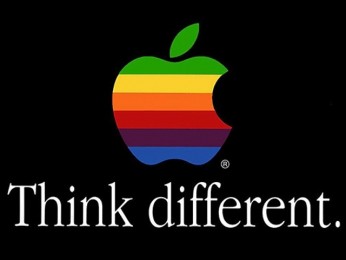 History says that Apple’s share price should be going sky high right now buoyed by the expected launch of a new iPhone6 and whipped to a frenzy by its free publicity provided by the Tame Apple Press.
History says that Apple’s share price should be going sky high right now buoyed by the expected launch of a new iPhone6 and whipped to a frenzy by its free publicity provided by the Tame Apple Press.
However, the company shares are suffering their worst day and one brokerage warning of a stock downgrade unless its new products show better promise for profit growth.
Shares of the smartphone maker slumped four percent as users realised that the company’s iCloud was not the safest place to store their snaps. Apple has done its best to say that its security was not at fault in its Cloudgate boob, which saw naked snaps of Hollywood stars appear online, however evidence is mounting that is not the case.
It seems investors are starting to realise that Apple has not introduced a new product since the iPad in 2010 and is not expected to create anything brilliantly new with its coming iPhone.
It has been thought that an increasingly desperate Apple would unveil a version of a smartwatch next week but even the technology for that has been done to death as Jobs’ Mob’s own version was constantly delayed.
Pacific Crest Securities analyst Andy Hargreaves said unless next week’s shows massive incremental profit opportunities, he was likely to downgrade Apple’s rating.
Apple needed a security flaw in its iCloud exposing like a hole in the head. Apple wants its clouds to become repositories of sensitive home and healthcare data, and payments and financial information too.
Security experts have been warning for ages that Apple’s cloud is not up to snuff security wise and the current breach just proves how untrustworthy it is.

















